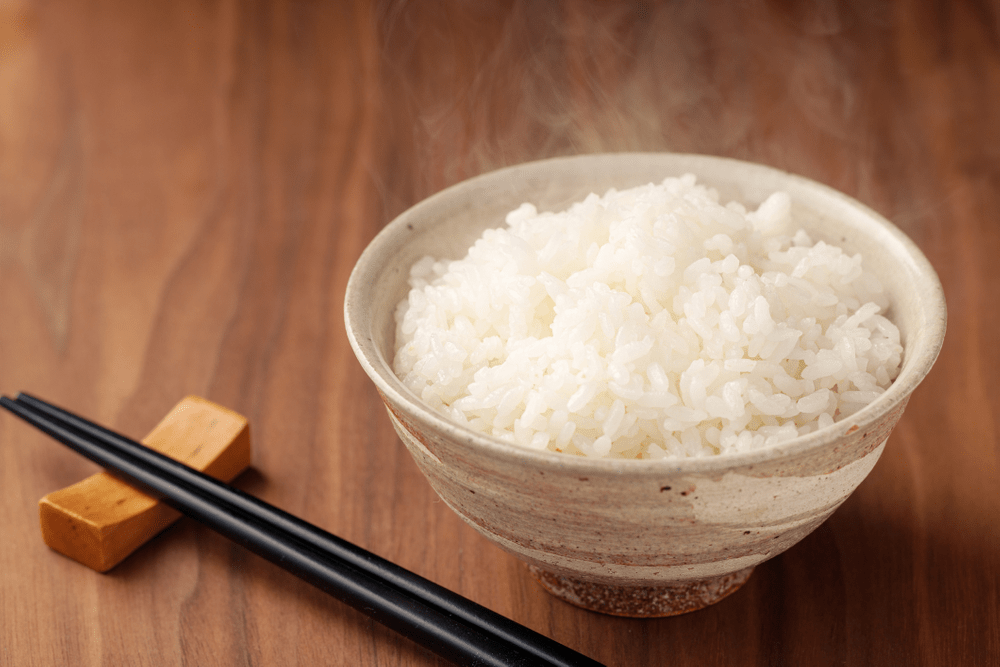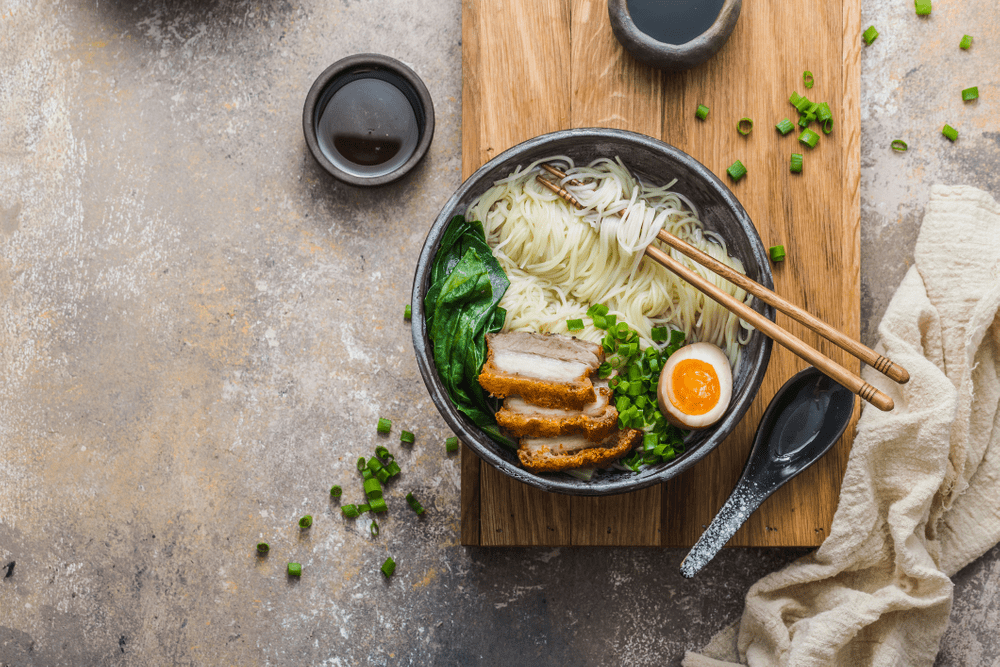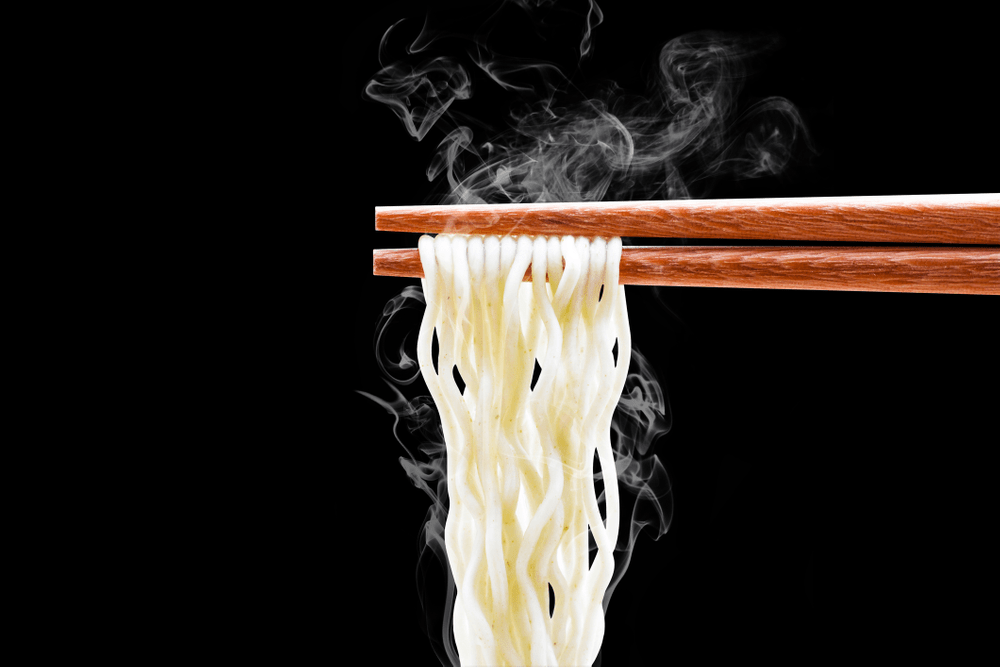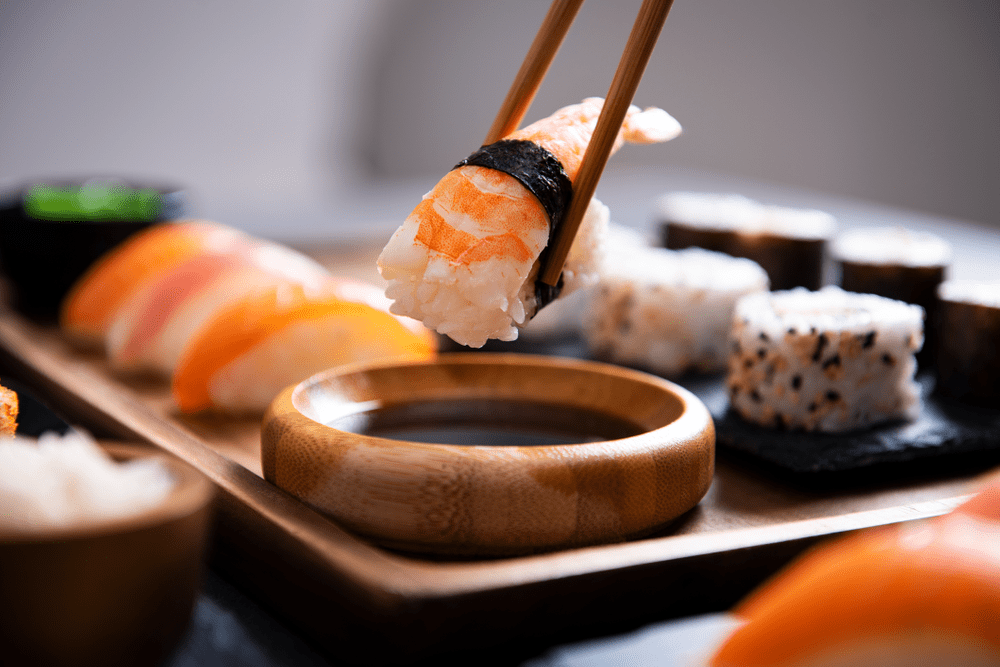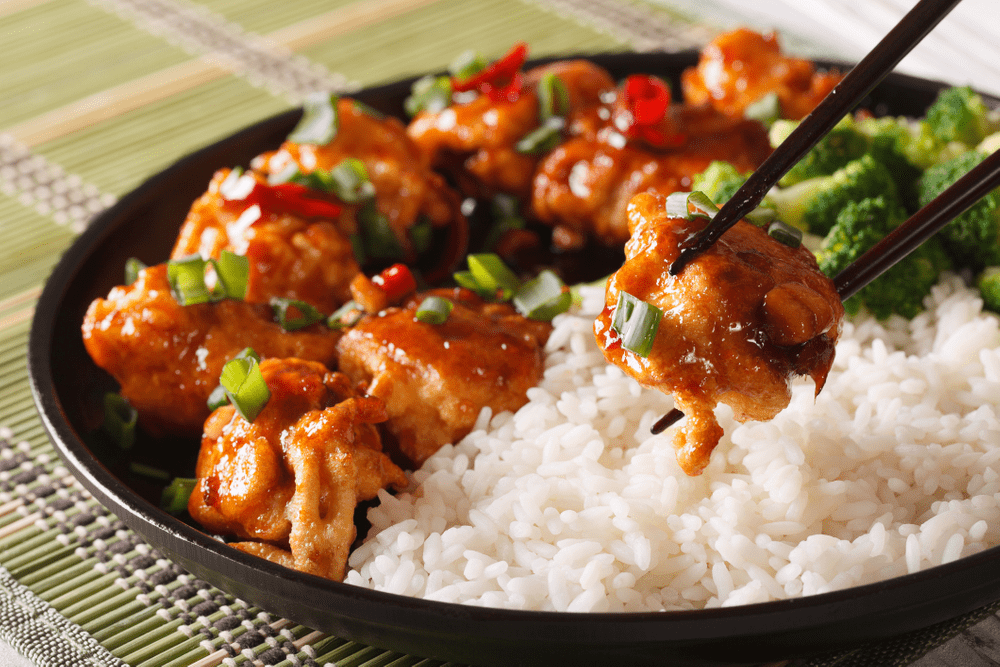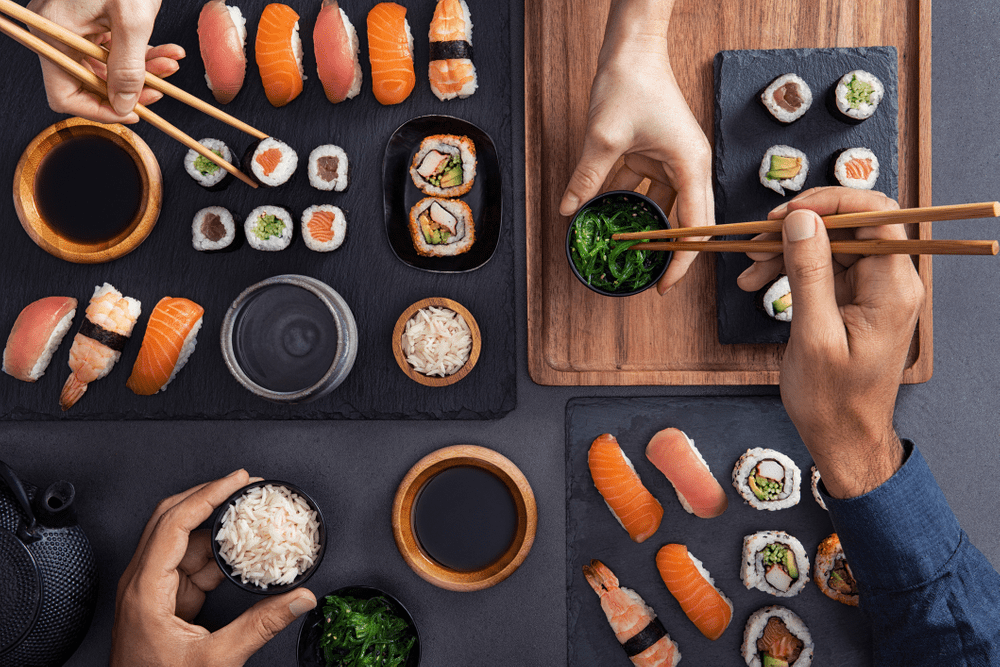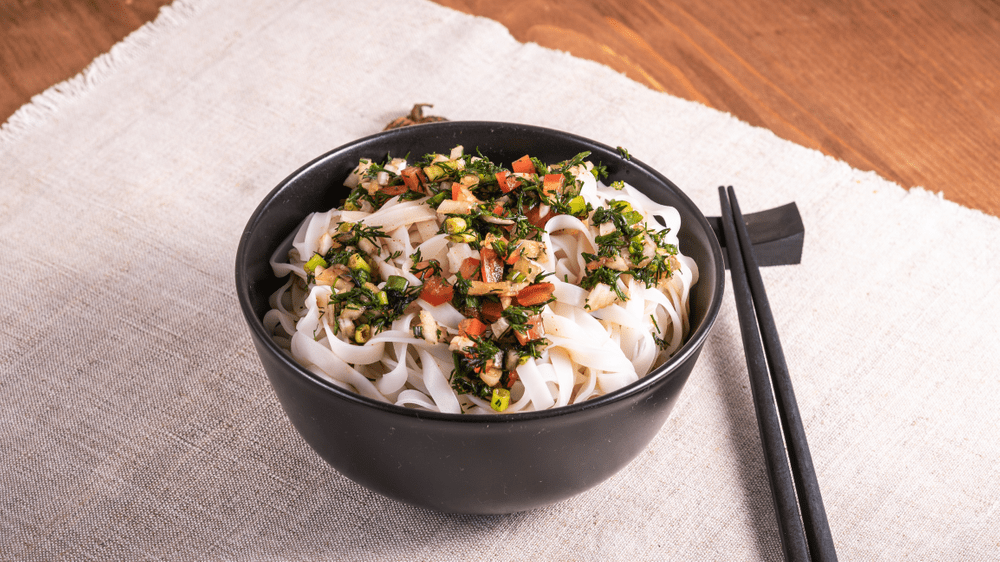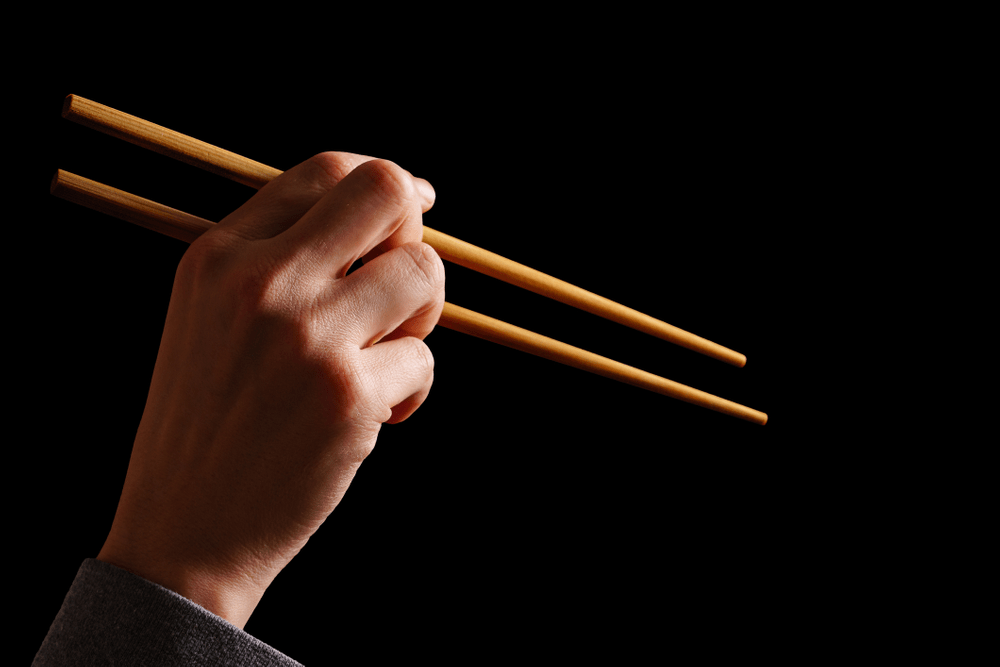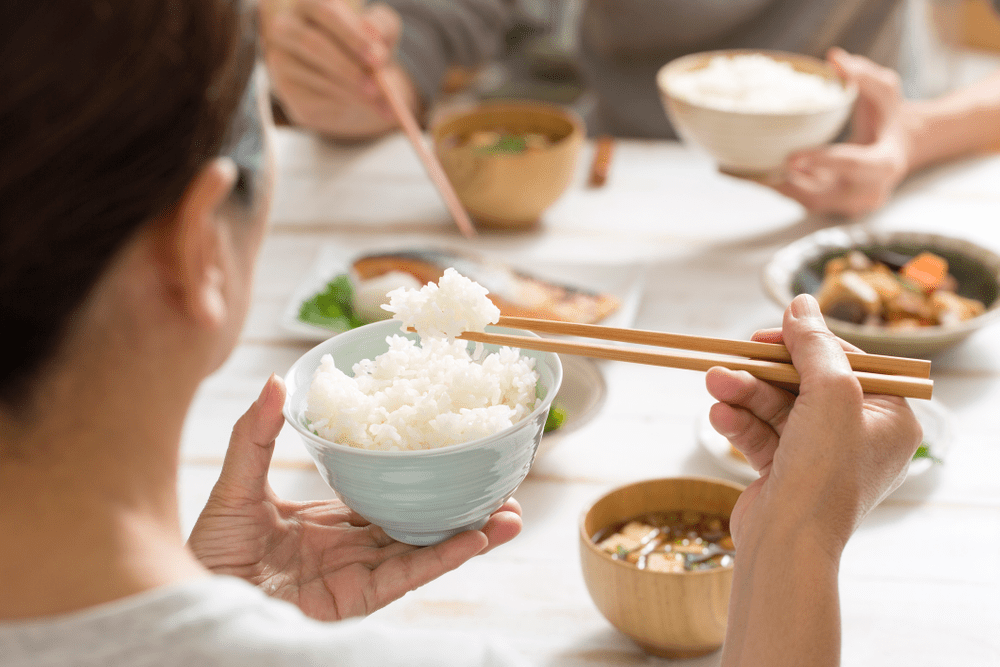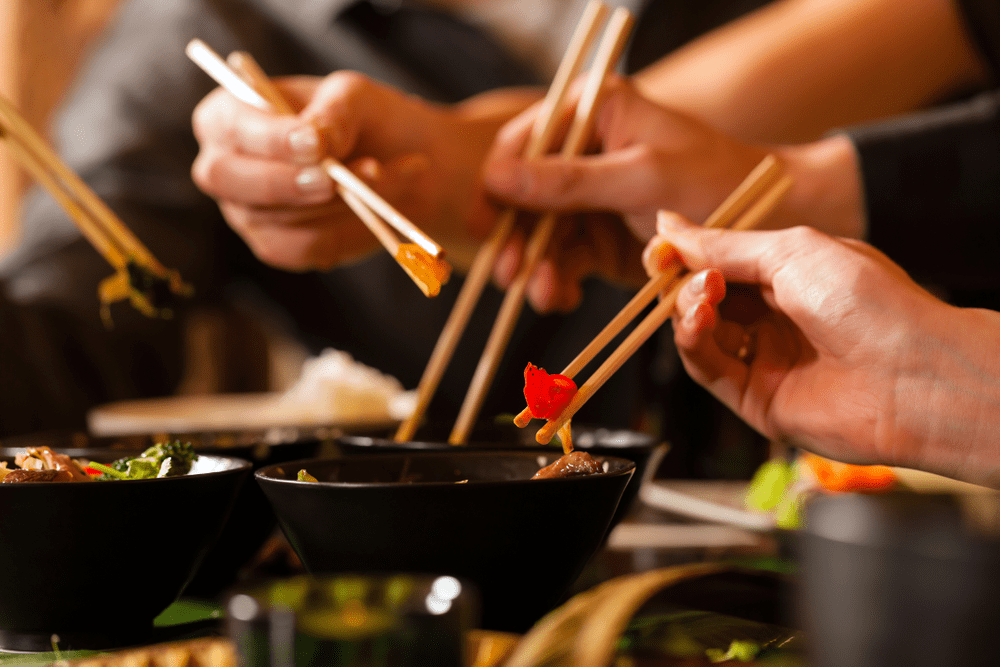Using chopsticks may be intimidating. Some who didn’t grow up using chopsticks are pretty reluctant to use the thing. Understandable – using chopsticks does kind of look difficult. But it isn’t really. You just need to learn how to use chopsticks the right way! Once you’ve mastered the skill of eating with chopsticks, they can be the most wonderful kitchen utensil. A spoon and fork, a pair of tongs, a knife, and a whisk all rolled into one!
Using Chopsticks Also Means Knowing When Not to Use Them
However, they are not always appropriate for some dishes. For example, can you imagine using chopsticks to eat steak with a side of mashed potatoes? Impossible!
Different Cultures, Different Chopsticks
Yes, before you start learning the proper ways of using chopsticks, you might as well know that there are different kinds of them. All chopsticks may look the same – shaped pairs of equal length sticks – unless you put them side by side, and it’s pretty easy to spot the difference. Generally, there are three different chopsticks: Chinese, Korean, and Japanese. Their chopsticks differ in many ways, including size, style, and materials.
A Beginners Guide on How to Use Chopsticks
Wanting to learn how to eat with chopsticks is the first step. Now, we’ll introduce you to the tricky yet very doable and the proper way of holding and using chopsticks like a pro. Whether you are eating Chinese or Japanese food, it doesn’t matter. Knowing where the first and second chopstick sit in your hands is imperative.
Choosing the Right Chopsticks for You
If it’s your first-time using chopsticks, no one is expecting you to nail it right the first time. But choosing the right chopsticks to practice with does help get you there faster. As we’ve pointed out, you can use different kinds of chopsticks. But get the chopstick size that is most comfortable for your hand, and ideally, you want to start with bamboo chopsticks or wood chopsticks. In this case, a pair of Japanese or Chinese chopsticks. The metal chopsticks that Koreans use are a bit slippery and will be harder to hold.
4 Easy Steps to Use Chopsticks for Beginners
When learning how to use chopsticks, there are basically two things you need to do – hold the chopsticks properly and be able to move them to hold the food. But it’s easier than you realize, and these five simple steps are just what you need to learn how to hold chopsticks and use them correctly.
Step 1: Grab and position one chopstick in your dominant hand.
Start with grabbing a single chopstick and place it in your more coordinated hand. The thick part of the chopstick should be positioned in the union or the valley between your thumb and index finger. But make sure it doesn’t touch the thumb. Use your ring finger to balance the stick. If you want, use your non-dominant hand to help align and secure the lower chopstick in place.
Step 2: Position the second chopstick.
Once the first chopstick is in place, position the second chopstick between your pointer finger and thumb. This is then the upper chopstick. The tip end should be lying against the inner edge of your ring finger. It should feel and look like you are holding a pencil when writing. Adjust the chopsticks as needed and rearrange them to make sure they are lined up and are parallel. At this point, check that you’re holding around the top third of the chopsticks. Having your hand too low or too high on the sticks will only make it harder to have a good grip and move them properly.
Step 3: Open and close your chopsticks using your index and middle finger.
To start manipulating the chopsticks, brace the inner edge of the first stick with the pad of your thumb. Then, grip the second/upper chopstick between your thumb and the middle and index fingers. Then try to fulcrum the second chopstick using your index and middle fingers in unison. Finally, practice opening and closing the chopsticks by moving your middle finger and index finger without your thumb bending in the process. It might be challenging, but you must keep your thumb straight while working the chopsticks open and closed.
Step 4: Keep a gentle pressure on your top chopstick to hold onto the food.
Remember to maintain a firm grip on your chopsticks to avoid them shifting but without squeezing them. Maintain that gentle pressure as you hold the chopsticks open, clamp them down on the food, and keep the food pinned between both sticks. If you maintain that good grip, you should be able to pick up the food without it slipping off the chopsticks. Remember that the bottom stick is just there as support, and the top chopstick will be the one doing all the work. And that’s it. Using chopsticks is pretty simple, right? All you need now is to get used to using chopsticks.
Helpful Hints on the Best Way to Use Chopsticks
Getting plenty of practice under your belt will make you a chopstick-using master! But in case you fancy some more tips, here are a few tricks you can use.
Hold chopsticks properly with their narrow, tapered end facing inward and the wide upper end facing outward. Reverse the opening-closing motion to tear your food into smaller pieces. However, it shouldn’t be a problem since it’s typically acceptable to take small bites off large pieces of food. And in many traditional Asian dishes, meats, grains, and vegetables have already been cut into bite-sized pieces suitable for chopsticks.Keep your fingers relaxed while holding chopsticks. Squeezing them will only tire out your hand. If you’re having trouble getting a better grasp of your chopsticks, imagine your hand making air quotes. That helps a lot!
Once you are used to chopsticks, using them should feel effortless.
The Correct Way to Eat
Once you know the basics of how to use chopsticks, it’s time to dive right into the more challenging part of this skill – picking up the food! After all, knowing how to manipulate the chopsticks properly is useless if you can’t pick up food from your bowl to your mouth. So, here goes.
Eating Sushi Using Chopsticks
Larger and solid pieces of Japanese food like sushi are easier to pick up using chopsticks as you get the hang of it. Start by positioning the chopsticks in your dominant hand, following the steps above. And don’t forget to maintain a gentle grip on the sticks.
Eating Ramen Using Chopsticks
To eat Ramen using chopsticks, you need to get the right chopsticks first. If you’ve tried using chopsticks to eat Ramen before and wondered why the noodles keep slipping off the sticks, it’s likely that you weren’t using the right pair. The Japanese have specialty chopsticks for Ramen noodles called the “Edokibashi.” It’s the same as the standard Japanese chopsticks except for the four ridges at the bottom part. It keeps the noodles from slipping down between the sticks. Another option for beginners is to use chopsticks with five or seven ridges, making it much easier to grasp the noodles.
Chopstick Etiquette
Contrary to its name, you should not chop or stick food using your chopsticks! While chopstick etiquette varies across cultures, there are a few common no-nos. With all of that said, it’s pretty cool to be aware of the proper ways to use (and not to use) chopsticks. The next time you find a chance to sit down for a meal in an Asian restaurant, do be aware of these DON’Ts when using chopsticks.
Don’t pierce or stab the food using your chopsticks. It’s what the Japanese call “Tsuki-Bashi.” That is considered rude, and you might as well be eating with toothpicks. If you find it difficult to hold your food, you need to learn how to use chopsticks the proper way and practice. Don’t use your chopsticks to move the bowls or plates around the table. The Japanese call this “Yose-Bashi.” Chopsticks are not made for that. And that’s not something you should do with your spoon or fork either. Use your other hand instead. Don’t stick the chopsticks upright in your rice. That’s one of the important taboos when using chopsticks. It’s called “Tate-Bashi.” Doing so makes your chopsticks look like burned incense to remember deceased loved ones. You’re basically reminding everyone at the table of their impending mortality. Don’t play with your chopsticks. This one is pretty understandable, but just a reminder in case you get tempted to use your chopsticks as drumsticks on the bowl. You should also avoid sticking your chopsticks in your mouth and pretending to be a vampire or a walrus. No, it’s not cute. Don’t lay your chopsticks across the bowl once you’re done eating. Doing so is considered improper in Japanese culture. Setting them down in an “X” shape is also a big no-no as it symbolizes death (in China) or bad luck (in Japan).Don’t allow the eating ends of your chopsticks to touch the table. Doing so is a faux pas in the Chinese and Taiwanese culture. Instead, it means you either put your chopsticks on the chopstick rest or, where there is none, across your bowl. This is the complete opposite in Japanese culture. Don’t bang the bowl with your chopsticks when eating Chinese food. The Chinese consider it similar to beggars asking for food, so it’s best to avoid doing it.
The Japanese have the longest list of chopstick faux pas out of the different chopstick-using cultures. Other no-nos when using chopsticks, according to the Japanese, include:
Namidashi or tearing chopsticksKosuri-Bashi: rubbing disposable chopsticks togetherTataki-Bashi: using chopsticks to tap on plates or glassesWatashi–Bashi: using your chopsticks to pass food between peopleSashi-Bashi: pointing at other people using your chopsticksNigiri-Bashi: grasping the chopsticks in your palm
A note: some of the rules on how to use chopsticks might seem unnecessarily strict. But when you’re using chopsticks at home or just learning how to use the thing, those blunders are the furthest thing from your mind. Still, if you want to know how to use chopsticks like a pro, following these chopstick table manners are major plus points.
Final Thoughts – How to Use Chopsticks?
That’s it! That’s all you need to start mastering chopsticks for the next time you visit an authentic Asian restaurant or get some takeout. But remember to be patient. You’re not likely to become an expert the first time you pick up a pair. It takes patience and plenty of practice to become an expert on this technique. The comments are open, so tell us your best chopstick stories. Have you mastered the art, or are you likely to break every rule in the book trying to grab your sashimi?
